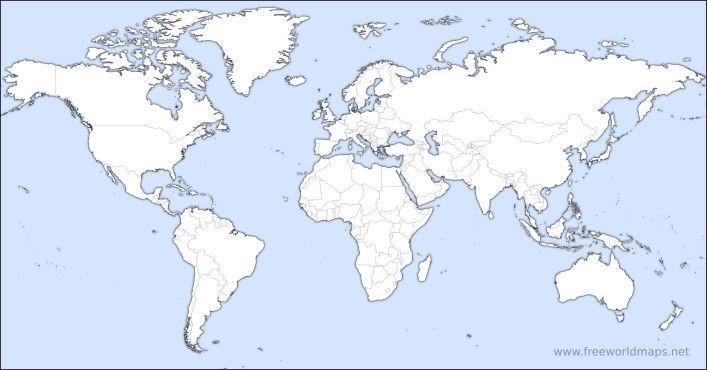There are numerous words that we use in our daily vocabulary that have changed meaning over the years. Have we allowed ourselves to appropriate a meaning to the word “Gentile” that was not intended?
In Galatians, the second chapter we see Paul giving the account of Peter’s example as a Jew when he separated himself from the Gentiles fearing what other Jews would think. The Jews regarded Gentiles as inferior. Easton’s Bible Dictionary states the definition of “Gentile” (Hebrew, usually in plural, goyim), as meaning in general all nations except the Jews. In course of time, as the Jews began more and more to pride themselves on their peculiar privileges, it acquired unpleasant associations, and was used as a term of contempt.” God never intended such a superior/inferior distinction. The Hebrew word goy or the plural goyim refers to a nation or people and can apply equally to Israel or to any other nation.
Putting aside terminology for the moment, we also need to ask the question: Did God put any difference between His chosen people and the other nations? He tells us: “Now therefore, if you will indeed obey My voice and keep My covenant, then you shall be a special treasure to Me above all people; for all the earth is mine” (Exodus 19:5). God separated Israel from the other nations. There was no mention of superiority except to exemplify God’s superiority (Deuteronomy 4:4-8,19:5).
The Theological Wordbook of the Old Testament states: “… one must conclude that the basic idea is that of a defined body or group of people, or some specific large segment of a given body. … the term goy is used especially to refer to specifically defined political, ethnic or territorial groups of people without intending to ascribe a specific religious or moral connotation.”
“From these the coastland peoples of the Gentiles (goy) were separated into their lands, everyone according to his language, according to their families, into their nations” (Genesis 10:5). A national distinction is made but not based on superiority or inferiority. The covenant relationship makes for a national distinction. But God’s attitude to all nations is clear. “It shall be that I will gather all nations and tongues and they shall come and see My glory” (Isaiah 66:18).
Back to the Theological Wordbook of the Old Testament: “Thus there will be basically just one people of God, made up of believers from every tribe, tongue, people and nation; however, in OT times, it was through the covenant people, the am, that the blessings of God were revealed to and bestowed upon the goyim.”
All of the following scriptures reaffirm that there is a distinction between the nation God chose to represent Him and the other nations. When you read these passages drop the word Gentile and use nations or people. The basic meaning remains, even as we insert a substitution for a term that has become derogatory.
Acts 9:15; 22:21; 26:17; 28:28; Romans 11:12-13; Romans 15:16; Galatians 2:9
Ephesians 3:6-8; 1 Timothy 2:4-7; 2 Timothy 1:11; 2 Timothy 4:17.
Clearly, God never intended that the nations other than Israel were to be regarded as inferior. Yet following on from the example of the Jews, many, even within the Church, have embraced an “us and them”-culture based on a skewed view of the superiority of Israel. That is wrong.
However, we must not cross the road from one ditch to the other. God did raise up a nation to represent Him and it was to be a light to the other nations round about. The role of Israel should not be denigrated, but neither should any other nation or peoples be denigrated.
“For I do not desire brethren that you should be ignorant of this mystery, lest you should be wise in your own opinion, that blindness in part has happened to Israel until the fulness of the Gentiles has come in” (Romans 11:25).
There are the people (goy) of Israel and the peoples (goyim) of the other nations. All people and nations will ultimately become God’s goyim.
Brian Orchard


